Let’s Talk Anxiety, Gut Dysbiosis, and Benzodiazepines!
Let’s Talk Anxiety, Gut Dysbiosis, and Benzodiazepines!
I want you to know- there is hope and I am here to help you.
Let’s Talk About Anxiety, Gut Dysbiosis, and Benzodiazepines!
I’m going to start this off by saying anxiety disorders are the most common form of mental illness in the United States. Anxiety disorders affect 40 million adults in the United States age 18 and older, or 18.1% of the population every year. Research shows that in 2018, more than one in eight U.S. adults (12.6%) used benzodiazepines, a class of drugs primarily used for treating anxiety, in the past year. But research from 2013 and 2014 found about 4 to 6 percent of adults used benzodiazepines.
It’s 2019, why do these numbers continue to increase? If the solution was benzodiazepines- shouldn’t the numbers be decreasing?
- Typical benzodiazepines used for the treatment of anxiety-related to panic disorder or other anxiety disorders include:
Xanax (alprazolam) - Klonopin (clonazepam)
- Valium (diazepam)
- Ativan (lorazepam)
- Librium (chlordiazepoxide)
Benzodiazepines “work” by increasing the effect of a brain chemical called GABA. GABA is the most common neurotransmitter in the central nervous system, it reduces brain activity in the areas of the brain responsible for:
- Rational thought
- Memory
- Emotions
- Essential functions, such as breathing
The most common side effects associated with benzodiazepines are:
- Sedation
- Dizziness
- Weakness
- Unsteadiness
Other side effects include:
- Transient drowsiness
- A feeling of depression
- Loss of orientation
- Headache
- Sleep disturbance
- Confusion
- Irritability
- Aggression
- Excitement
- Memory impairment
Here is an excerpt from
Anatomy of an Epidemic by Robert Whitaker-
“This same basic paradox-that a psychiatric drug may curb symptoms over the short term but worsen the long-term course of the disorder-has been found to hold true for benzodiazepines, at least when used to treat panic attacks. In 1988, researchers who led the large Cross-National Collaborative Panic Study, which involved 1,700 patients in 14 countries, reported that at the end of 4 weeks, 82% of the patients treated with Xanax (alprazolam) were "moderately improved" or "better," versus 42% of the placebo patients. However, by the end of 8 weeks, there was no difference between the groups, at least among those who remained in the study (Ballenger et al., 1988). Any benefit with Xanax seemed to last for only a short period. As a follow-up to that study, researchers in Canada and the UK studied benzodiazepine-treated patients over a period of 6 months. They reported that the Xanax patients got better during the first four weeks of treatment, that they did not improve any more in weeks 4 to 8, and that their symptoms began to worsen after that. As patients were weaned from the drugs, a high percentage relapsed, and by the end of 23 weeks, they were worse off than patients treated without drugs on five different outcomes measures (Marks et al ., 1993). More bad news of this sort was reported by Pecknold in 1988. He found that as patients were tapered off Xanax they suffered nearly four times as many panic attacks as the nondrug patients, and that 25% of the Xanax patients suffered from rebound anxiety more severe than when they began the study. The Xanax patients were also significantly worse off than nondrug patients on a global assessment scale by the end of the study (Pecknold, Swinson, Kuch, & Lewis, 1988).
I’m not sure about you, but this is terrifying to me. On top of the side effects and the shocking research shared above, benzodiazepines have such significant withdrawal that it’s now classified as “benzodiazepine withdrawal syndrome”. Withdrawal from benzodiazepines is arguably as difficult, if not more difficult, than street drugs.
Pétursson explains in PMID: 7841856-
"Physiological dependence on benzodiazepines is accompanied by a withdrawal syndrome which is typically characterized by sleep disturbance, irritability, increased tension and anxiety, panic attacks, hand tremor, sweating, difficulty in concentration, dry wretching and nausea, some weight loss, palpitations, headache, muscular pain and stiffness and a host of perceptual changes. Instances are also reported within the high-dosage category of more serious developments such as seizures and psychotic reactions. Withdrawal from normal dosage benzodiazepine treatment can result in a number of symptomatic patterns. The most common is a short-lived "rebound" anxiety and insomnia, coming on within 1-4 days of discontinuation, depending on the half-life of the particular drug. The second pattern is the full-blown withdrawal syndrome, usually lasting 10-14 days; finally, a third pattern may represent the return of anxiety symptoms which then persist until some form of treatment is instituted."
So how do we get to the root cause of anxiety?
Because, remember, anxiety is a SYMPTOM.
Well, gut dysbiosis is an imbalance of bacteria and microbes in our intestines. Time and time again, studies continue to show that our gut is essentially our second brain.
So, let’s talk about a study by Yang, et. al., published in the Journal of General Psychiatry, entitled “Effects of regulating intestinal microbiota on anxiety symptoms: a systematic review.”
A systematic review is arguably the highest level of scientific evidence. Why? A systematic review will often review the available randomized control trials and summarize the findings. Everyone loves summaries!
Thankfully, what Yang has concluded is that treatments for the gut can improve anxiety.
Yang explains that the aim of their study was
“To find evidence supporting improvements in anxiety symptoms by regulating intestinal microbiota.” Because, “More and more basic studies have indicated that gut microbiota can regulate brain function through the gut-brain axis, and dysbiosis of intestinal microbiota was related to anxiety. However, there is no specific evidence to support treatment of anxiety by regulating intestinal microbiota.”
This systematic review of randomized control trials looked through 3,334 articles and only 21 were high-quality enough to be included in this analysis, with a total of about 1500 patients over the 21 studies.
“14 studies chose probiotics as interventions” and
“six chose non-probiotic ways”, mostly low FODMAP diet.
Probiotics help to heal and rebalance the gut and can have an extensive array of positive improvements, because they treat the root cause of multiple systems. Therefore, we see probiotics show improvements in things like allergic conditions, skin conditions, and neurologic conditions. Moreover, there’s evidence showing improvements in things like depression, IBS, constipation, loose stools, bloating, gas, and diarrhea.
This is the statistic that really gets me excited, “56% of studies could improve anxiety symptoms.” Yang continues, “We find that more than half of the studies included showed it was positive to treat anxiety symptoms by regulation of the intestinal microbiota.”
What does this mean?!
IT MEANS YOU HAVE OPTIONS! Medication is NOT the only option for anxiety relief. I cannot tell you how many patients tell me they started an anti-anxiety medication because they felt their doctor offered them no other option. I am here to tell you- there is hope. Those of you who are suffering with anxiety have some great natural, nutritional, and supplemental options.
Anxiety is a complex symptom. Anxiety relief must have guidance, please, contact us today to see how we can help!
Let's get back to health,
Dr. Taryn
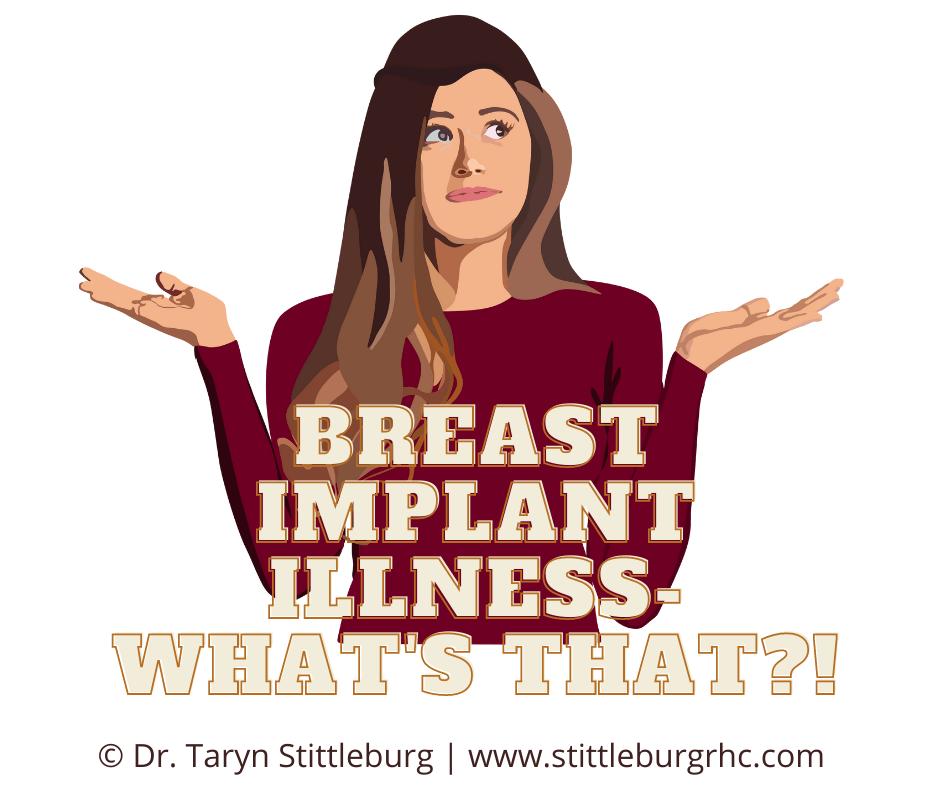
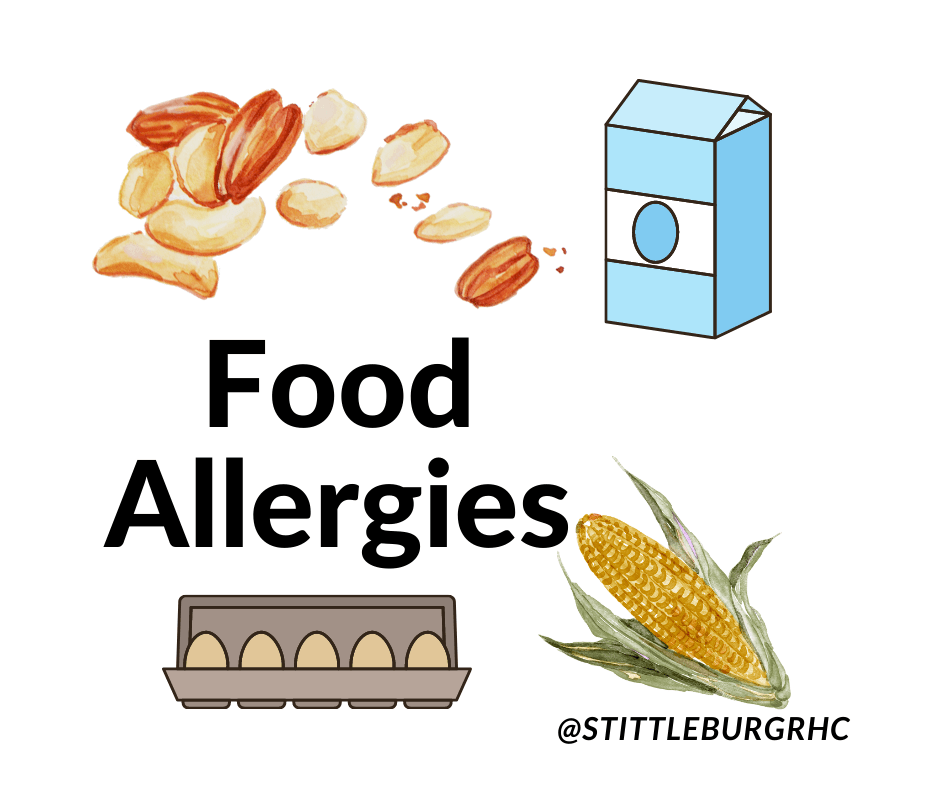


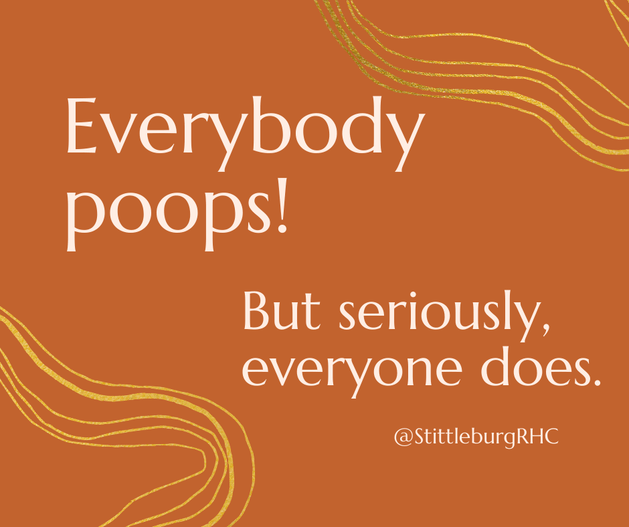

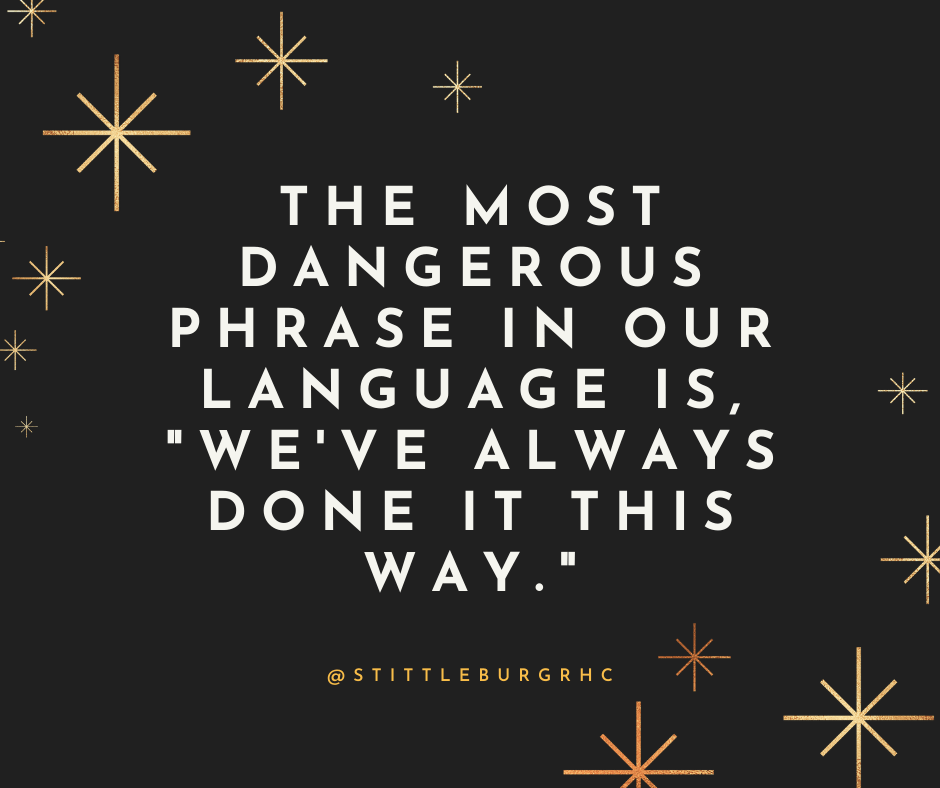

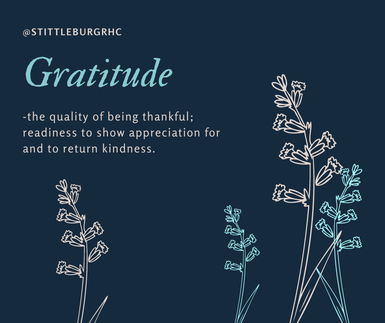


Share On: